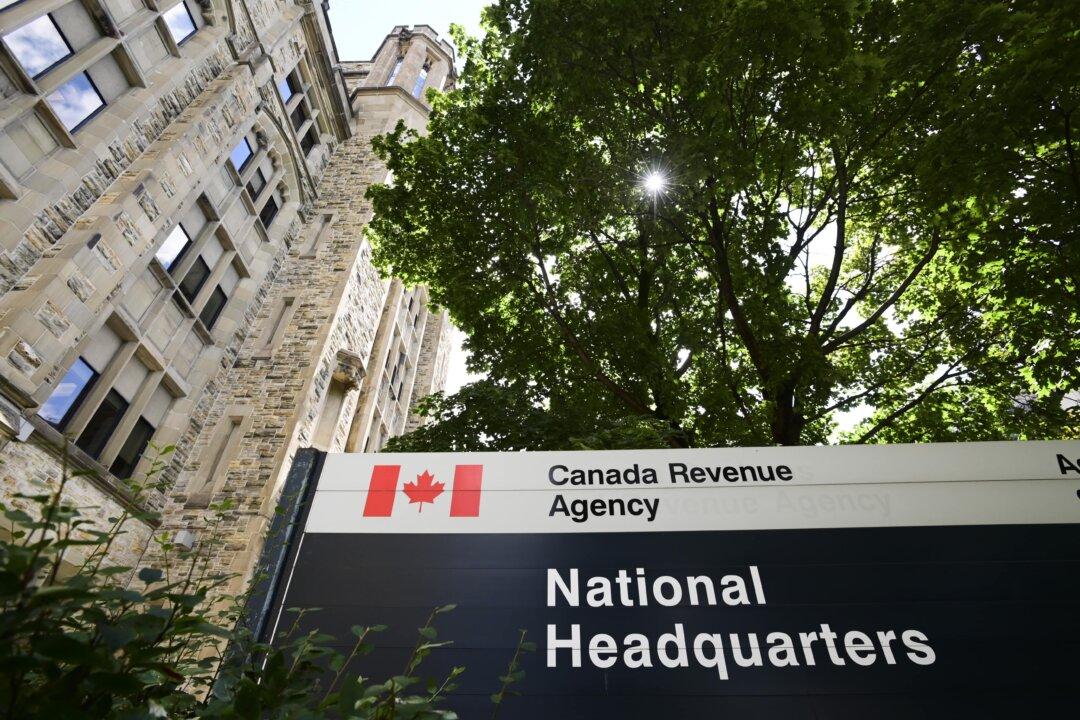Canadian banks and mortgage lenders are asking the Canada Revenue Agency for electronic access to private federal tax records to validate borrowers’ income.
The Canadian Bankers Association, in a recent submission to the Senate banking committee, described the measure as a fraud prevention solution.





